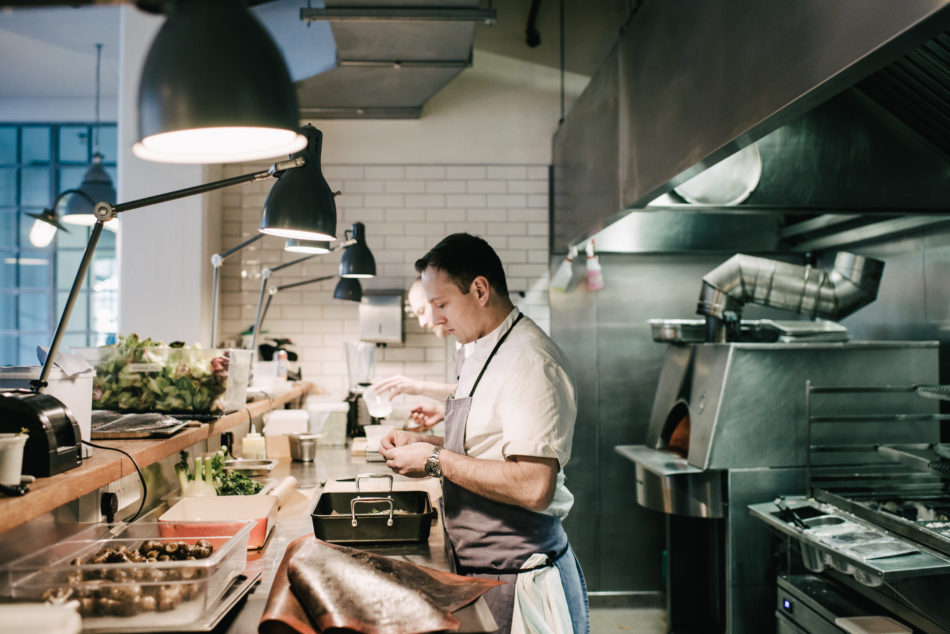Lifeline WA Helping Hospitality Sector Put Healthy Minds on the Menu
02 SEP 2019

Well-known Perth chef Stephen Clarke has joined a local movement to shine a light on mental health issues in the hospitality sector after the death of a young chef.
The head chef of Clarke’s of North Beach said the unsociable working hours and pressure not to let down customers or other staff members could take a toll on the mental health of hospitality workers – particularly in the age of social media.
“A lot of chefs run with a creative edge, a lot of chefs are fuelled by creativity, if you’re not feeding it at work it can be frustrating, if you’re not living up to customers’ expectations,” he said.
“If you’ve done a dessert but the customer didn’t like it and they post on social media ‘everything was great, except the dessert’, it can feel very isolating because you feel like you’ve let the team down.
“But we are a team, we’re all here together.”
Clarke said the stigma around talking about mental health in the industry was still prevalent.
“People are worried to talk about it because they think it could damage their future career, so they don’t talk about mental health for fear of being sidelined,” he said.
However, the 33-year veteran said many of the problems came from outside the industry.
“When we’re all here together it’s fantastic, but things might not be so great at home,” he said.
The desire to make a difference drove Clarke to get involved with Healthy Mind Menu (HMM), a new not-for-profit dedicated to improving mental health outcomes at home and at work for people working in hospitality.
The organisation was founded by Clarke, fellow chef Paul Zammit and other key figures in Perth’s hospitality sector, including businessman Wayne Teo, Australian Hotels Association WA CEO Bradley Woods, commercial lawyer Melvin Yeo and psychologist Chris Harris.
Since his involvement, Clarke has already started implementing the lessons from workshops into his restaurant.
“It’s about being together, talking more, opening a line of communication that wasn’t there before,” he said.
“We’re not necessarily the right people to be talking to for help, it’s just about listening and then sending them to the right places.”
Now HMM has formed a partnership with Lifeline WA to shine a light on mental health issues in the hospitality sector ahead of World Suicide Prevention Day on September 10.
Lifeline WA will work with HMM to develop tailored mental health and wellbeing messages to promote to the hospitality sector.
Lifeline WA CEO Lorna MacGregor applauded HMM’s aims and welcomed the opportunity to reduce the rate of suicide in such a critical industry.
“The hospitality sector is a major employer of young people who are already among the most vulnerable to mental health issues in Australia,” she said.
“This partnership is a chance to offer assistance to the people who are suffering, educate the industry about the importance of mental health and encourage people to speak out to help reduce stigma.”
Research has shown that although 80 per cent of hospitality workers report mental health issues as the greatest challenge in the workplace, most would not seek help because of shame and believe reporting stress would hinder career progression.